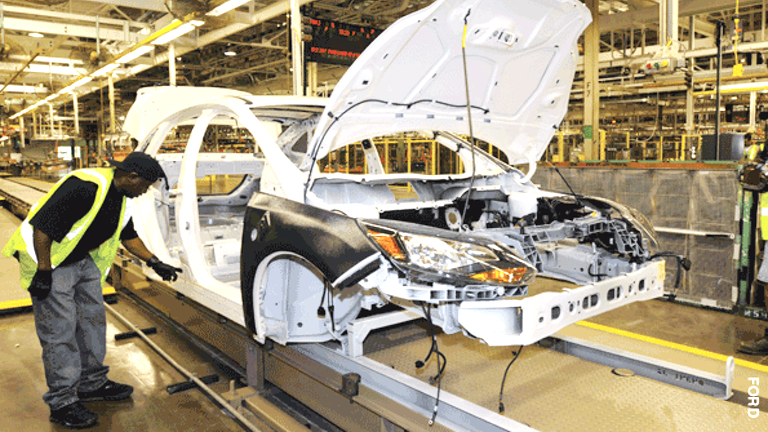What makes you buy a car? - brand or performance?
It was a cool atmosphere at Big-Ada, a town in the Ada East District of Greater Accra Region, and I asked a couple of friends a question; ‘what will make you buy a particular car, is it the brand or performance?’ Some were of the view that the brand matters to them and others--- the performance.
Could it also be a sales person who convinced you to
make the decision of purchasing a particular car based on performance or you
loved the brand.
Brands do not only
represent the symbol of the company or the car make but to a larger extent
define the general life of the car. How the car performs can reflect the taste
of life of the brand and status of it. This makes a deep connection between the
brand and its performance for the driver.
Brand and performance can be more than a factor and
in fact it can encompass a myriad of attributes.
In this two-way
relation both are dependent on each other for various different reasons. In
today’s time, customers or drivers are very deeply connected to the brands.
When they purchase any car, brand name influences the consumer’s choice.
Some customers
purchase a specific brand of a car and ignoring so much the performance because
all they need is to get it in order to help their movement to get things done
from one place to another.
To me, I believe that
brand name is a symbol of quality.
Performance and engineering can be part of niche
brand. A clear example of this was Saab Automobile AB which was a car manufacturer that
was founded in Sweden in 1945 when its parent company, Saab AB, began a project
to design a small automobile. The Swedish maker of automobiles offered front wheel drive before any
other car manufacturer in the early 1970s. It had ergonomically designed seats,
instrument panel, and controls before the idea was even given much thought by
other manufacturers. It would introduce Turbo Charging as an offering on its
predominantly 4 Cylinder engines in the late 1970s. The manufacturer excelled
at being a brand built on uniqueness, and found buyers who wanted to travel life
in a car which was completely different than others. It’s very odd combination
of performance, actually became its design identity.
The perceived
difference between the top car brands and the challengers is shrinking. That's
the finding, few years ago, Car-Brand Perception Survey conducted by the
Consumer Reports National Research Centre. Toyota, Ford, Honda, and Chevrolet,
which have been perennial leaders in the survey, maintained their top positions
but have seen the points gap decrease. In fact, most of the top brands saw
double-digit drops in their total scores. Smaller companies have benefited from
this shift, illustrated by the small electric-car builder, Tesla, breaking into
the top 10.
The survey scores reflect how consumers perceive
each brand in seven categories: safety, quality, value, performance,
environmentally friendly/green, design/style, and technology/innovation.
Combining those factors give us the total brand-perception score. While the
scores reflect a brand's image in consumers' minds, they do not reflect the
actual qualities of any brand's vehicles.
Toyota continues
to dominate in brand perception, although it slipped a significant 17 points,
compared with last year's survey results. Other top brands—Ford, Honda, and
BMW—saw their scores drop more than 20 points. The two leading General Motors
brands, Cadillac and Chevrolet, did relatively better with only single-digit
decreases.
Dramatic events in the automotive industry seem
to be affecting how consumers view auto brands. Erratic gasoline prices and a
struggling economy have pushed consumers to prize low operating costs and good
reliability.
There have been a number of cars which touched the ever-distant
position of true “Greatness”, for they transcended just being a transportation
machine and became a work of art in motion. There are some cars, which a person
had they simply regret not having anymore, even though would lack all the
modern amenities found in cars today.
There is no logic when it comes to this, as it
could be the buzz of a certain engine, or turbine like smoothness which is remembered,
and at the end of the day it is all subjective. A lot of this has nothing to do
with if that automobile could make it to 1.6 Million kilometres or a thousand
miles.
In fact, for most car lovers, if it does happen it
is an accident and not by intention, largely because they were never tired of
the design of the car and kept maintaining it.
Performance unless perceived as part of the brand of an automobile is a hard sell alone. Over the decades of automobile history, it can be seen again and again, that many of the most performance-oriented cars never sold well. For they lacked comfort, and visual appeal.




Comments
Post a Comment